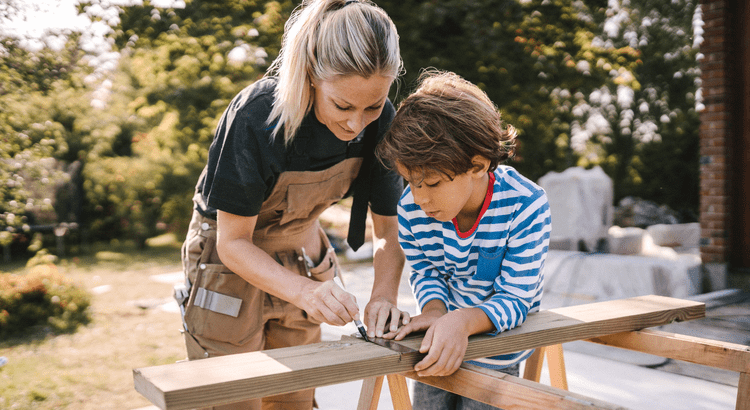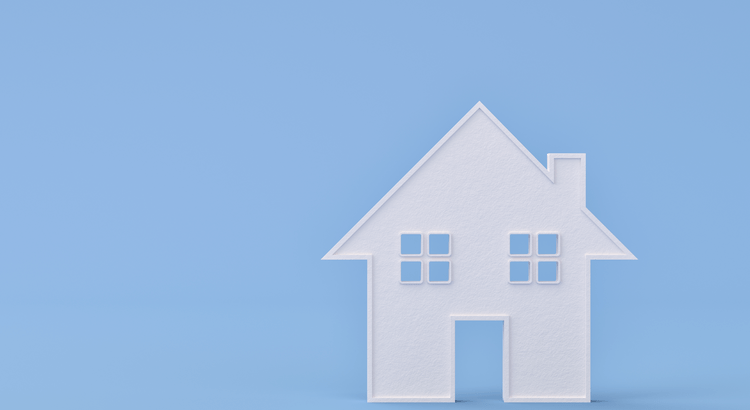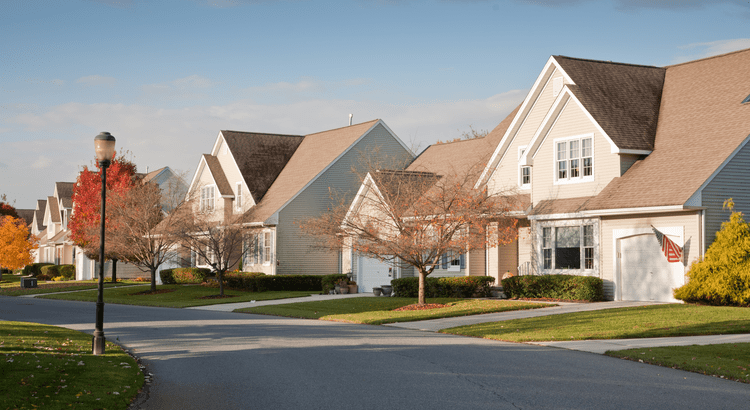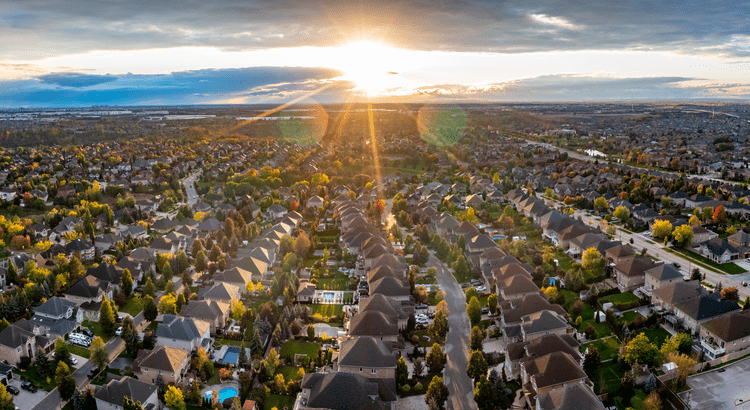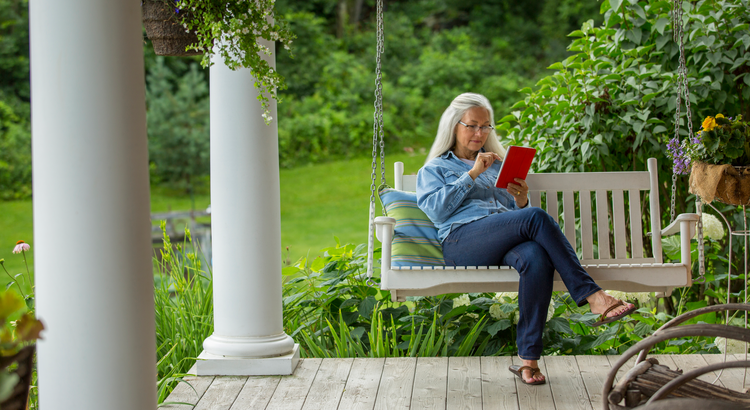
Boomers Moving Will Be More Like a Gentle Tide Than a Tsunami
Have you heard the term “Silver Tsunami” getting tossed around recently? If so, here’s what you really need to know. That phrase refers to the idea that a lot of baby boomers are going to move or downsize all at once. And the fear is that a sudden influx of homes for sale would have a big impact o
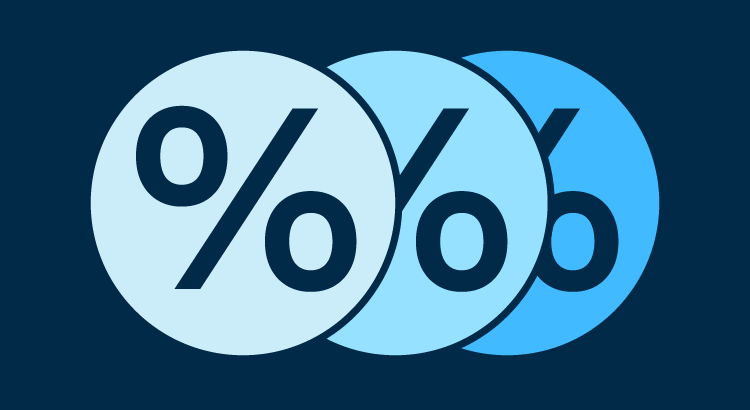
How Changing Mortgage Rates Impact You
Some Highlights If you’re looking to buy a home, it’s important to know how mortgage rates impact what you can afford and how much you’ll pay each month. That’s because even a small change in mortgage rates can have a big impact on your purchasing power. The best way to navigate changing mortgag

Thinking About Using Your 401(k) To Buy a Home?
Are you dreaming of buying your own home and wondering about how you’ll save for a down payment? You're not alone. Some people think about tapping into their 401(k) savings to make it happen. But before you decide to dip into your retirement to buy a home, be sure to consider all possible alternat
Categories
- All Blogs (347)
- Buyers (160)
- Condos (2)
- Economy (1)
- Equity (4)
- Events (3)
- Featured Home (2)
- First-Time Home Buyer (69)
- For Sale By Owner (1)
- Foreclosures (3)
- Get A Life Pet Rescue (1)
- Informative (38)
- Luxury (2)
- Market Insight (75)
- Mortgage Rates (9)
- Renters (6)
- renting (3)
- Sellers (128)
- VA Loans (2)
- video (1)
Recent Posts

